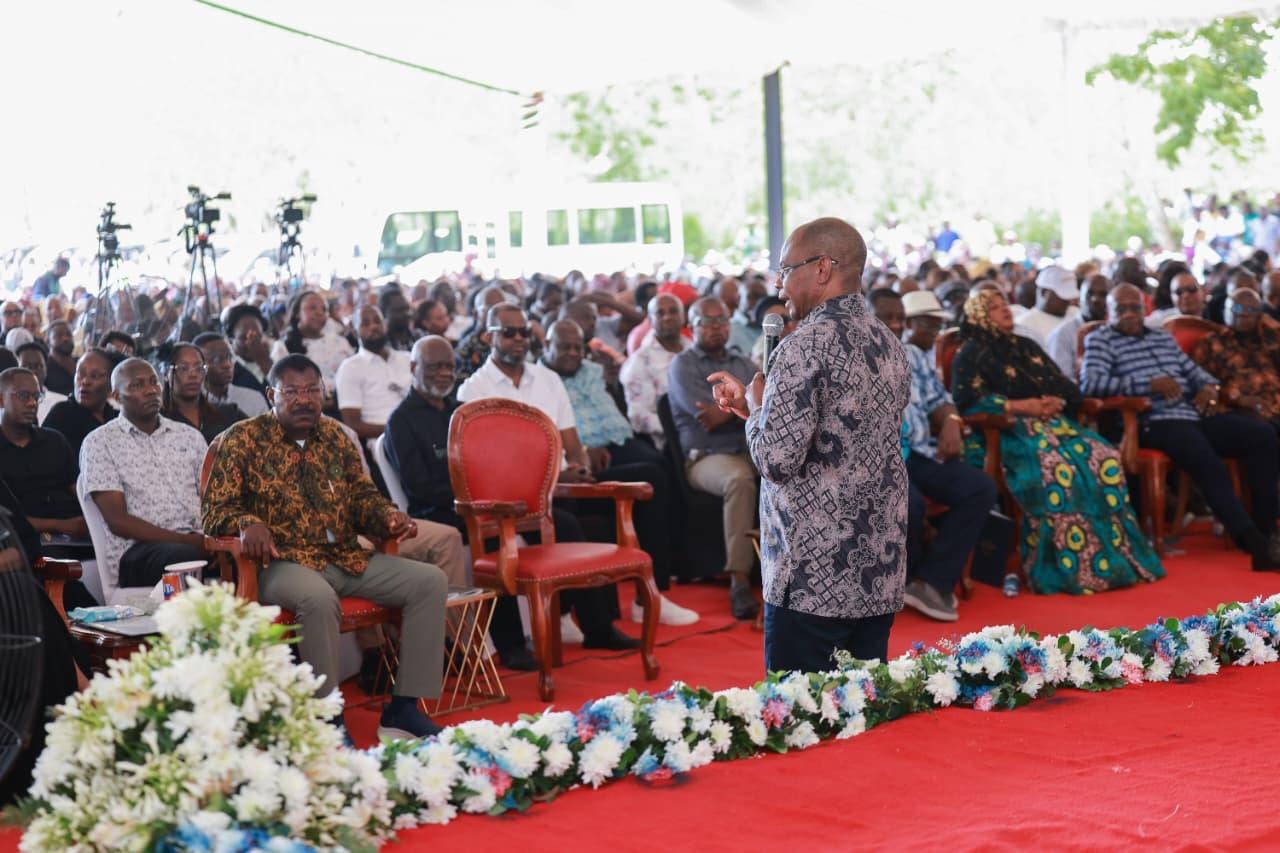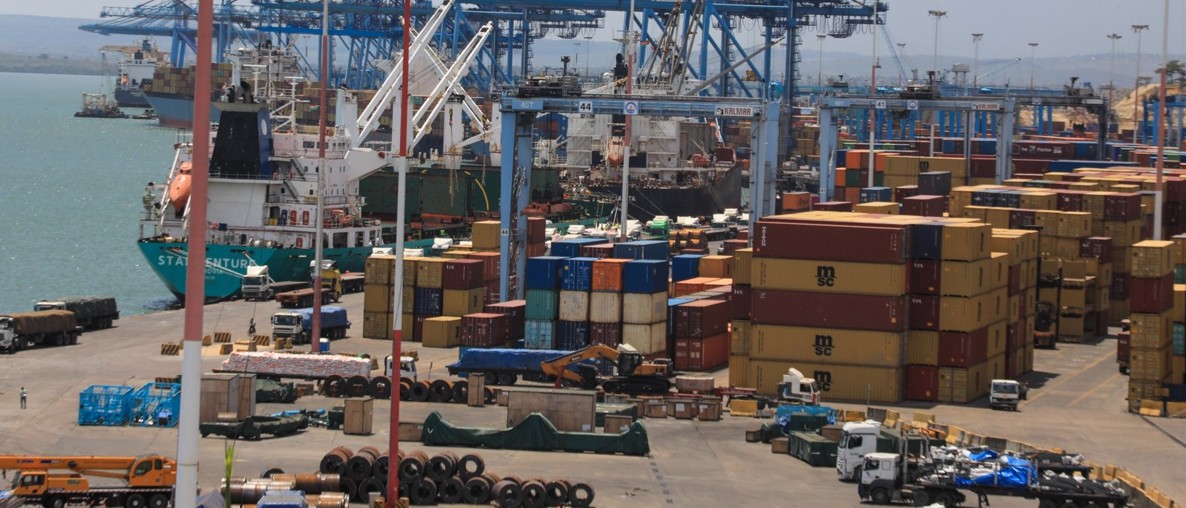Kenya set to chair COMESA, pledges new era of digital-driven regional integration

Kindiki described the responsibility as significant and said Kenya would use its leadership to deepen value chains, leverage digital technology, and promote sustainable and inclusive growth.
Kenya is set to assume the chairmanship of the Common Market for Eastern and Southern Africa (COMESA) on Wednesday, a move that Deputy President Kithure Kindiki says will mark a new era of regional integration.
The 18th COMESA Business Forum in Nairobi is centred on the theme, “Leveraging Digitalisation to Deepen Regional Value Chains.”
More To Read
- EAC trade revenues hit Sh4.9 trillion as regional commerce accelerates
- Conflicts in DRC and Sudan threaten COMESA integration, warns Secretary-General Chileshe Kapwepwe
- President Ruto takes helm as COMESA chair, urges African-led growth and integration
- President Ruto calls on Africa to embrace digital tools for jobs and growth
- Kenya champions innovation, digital solutions at COMESA summit
- Fragmented economic integration dragging Africa’s harmonisation drive - report
Speaking at the forum, Kindiki described the responsibility as significant and said Kenya would use its leadership to deepen value chains, leverage digital technology, and promote sustainable and inclusive growth.
“Tomorrow, Kenya is assuming the chairmanship of COMESA. This is not a light responsibility,” Kindiki said. “We will leverage this role to champion a new era of regional integration that uses digitalisation to deepen value chains for sustainable and inclusive growth, actualising the theme of this forum.”
The theme of the forum resonates with Kenya’s national aspirations, particularly its drive for radical transformation focused on boosting intra-regional trade and economic integration within COMESA member states. The Deputy President highlighted the persistent challenge of low intra-African trade, which remains at a disappointing 17 per cent, and called for collaborative efforts to bridge this gap.
Kindiki underscored Kenya’s role in global trade, noting that value addition enhances productivity, creates quality jobs, fosters innovation, and strengthens competitiveness. He urged the public and private sectors to work together to create an enabling environment for businesses to thrive, expand, and innovate.
“COMESA is the engine behind Africa’s economic transformation. Let us strive to bridge gaps, create jobs, and build the future of Africa,” the Deputy President said.
He highlighted initiatives such as the Electronic Certificate of Origin (ECO) and smart border systems as crucial tools for facilitating seamless trade across the region. “Digital transformation creates a more dynamic business environment. It helps reduce non-tariff barriers by introducing digital solutions for trade facilitation and modernising customs and border procedures,” Kindiki said.
The Deputy President added that Kenya’s strategy will prioritise moving beyond the export of raw materials to producing higher-value, sophisticated products that can be traded regionally and internationally. “This approach also aims to create more opportunities for small and medium enterprises led by youth and women, particularly within agricultural value chains,” he noted.
James Chimwaza, President of the COMESA Business Council, highlighted how digital tools reduce processing costs, streamline logistics, boost agricultural productivity, expand market access, and promote financial inclusion for millions of previously unbanked Africans.
“This year's theme calls us to leverage digitalisation to deepen regional value chains. From a business perspective, digital transformation delivers tangible, measurable benefits. Cost reduction, digital trade documentation reduces processing costs by 30 to 50 per cent; e-payment systems eliminate cash transaction costs and risks," he said.
Chimwaza said that supply chain visibility platforms help reduce inventory carrying costs by 15 to 20 per cent, while e-commerce platforms enable small producers to reach distant customers. He added that digital marketing allows manufacturers to compete internationally without incurring prohibitive physical presence costs.
"Digital logistics platforms reduce delivery times by 25 per cent and fuel consumption by 15 per cent. Financial inclusion, mobile money and digital lending have brought financial services to over 150 million previously unbanked Africans, enabling lenders to assess risk for borrowers without traditional credit history,” he said.
Top Stories Today
















































